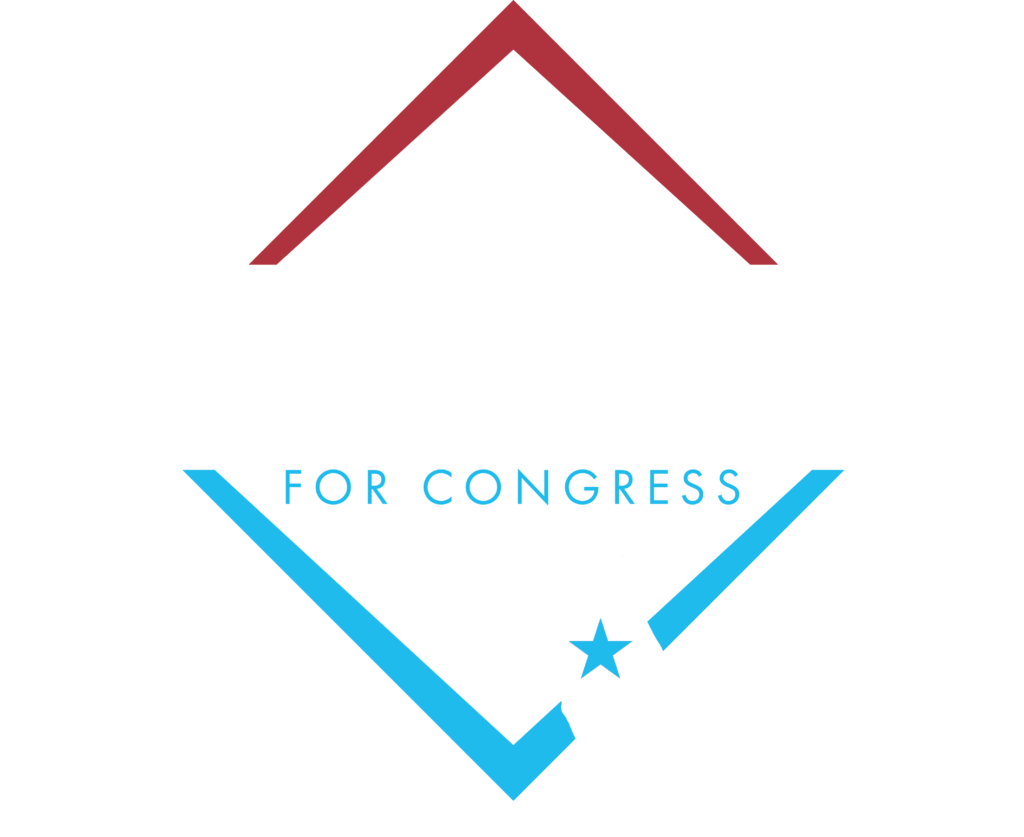ST. PETERSBURG — Designed to take a different approach to stem the gun violence in St. Petersburg, and particularly on the south side, the Hidden Voices project was unveiled Wednesday morning in the community garden at the David T. Welch Center for Progress and Community Development at 1601 16th St. S.
The center is home to People Empowering and Restoring Communities (PERC), who worked in partnership with the City of St. Petersburg’s Department of Urban Affairs to bring Hidden Voices to life.
“People ask, why do you do what you do? Why do we do what we do,” said Michael Jalazo, executive director of PERC. “We want to make our community safer.”
Hidden Voices aims to think outside of the box to combat gun violence. Everyone on the team has experienced or been affected by gun violence in some way, and they are going door to door to provide help to the people who need it the most.
“Those that are closest to the problem are closest to the solution,” said Matthias Byrd, case manager for PERC and a leader of Hidden Voices. “We’re not going to wait on them to come to us; we’re going to find them.”
Hidden Voices will offer job training and career placement, as well as clear guides on counseling and mental health resources. Some men on the team are graduates of PERC’s Second Chance program themselves. The hope is that having someone relatable come to them who has also lived through the same experiences will lead to more trust and understanding and ultimately have a greater impact on the community – for people on both sides of the gun, along with their families.
Byrd explained how the surge in gun violence has reached PERCS’ doorstep, as the Food Max – home to numerous shootings recently – is just a short walk up the road. He described coming to work one Monday morning and being greeted by a makeshift memorial of liquor bottles, flowers, and candles just a few feet from his window. It was in honor of Arnieceia Milton, a 23-year-old mother of two that was gunned down nearby.
“She was shot and died right here in front of this garden,” said Byrd.
It was around this time that City Councilmember Deborah Figgs-Sanders, who also leads the Enough is Enough initiative with Lisa Wheeler-Bowman – another partner of Hidden Voices — approached Byrd about the urgent need to do something and a request that he be a part of it.
“We’re here to use our platforms to help those who feel helpless,” Figgs-Sanders said.
They agreed to set a few key goals for the program based on community feedback. One consistent piece of feedback was that there needed to be more outreach, as many people were not aware of the available resources. One lady’s comment that they are not out there waving a flag saying, “I need help.” struck a chord with Byrd.
“Many of them are suffering alone and in silence, and we need to go where they are,” said Byrd. “And that’s what the Hidden Voices project is all about.”
Byrd said they will recruit young people who are directly impacted to participate in incentivized focus groups and listening sessions to ensure the most important voices are being heard.
Before the meeting ended, Rev. Watson Haynes, president of Pinellas County Urban League, was called on to pray and bless the project.
“We’re not just going to do our part, but more than our part to make a difference in the lives of the families left behind tragedies,” Haynes said. “In this community, enough is enough. Bless all of us in this day as we go forward with the commitment to make a personal change in this community.”
Representative Ben Diamond, who sits on the board of directors for the Pinellas County Urban League, was also in attendance. Diamond said that it was very moving to see the community come together after a difficult and tragic several months to face the challenge of reducing gun violence.
“There are a lot of people that are our neighbors that are hurting,” Diamond said. “We have to help people see there are resources; there are people that care that there are other opportunities for their future, besides for going down a dark path.”
The City of St. Petersburg’s Urban Affairs department is the main funder for the program, offering a one-year grant of almost $100,000.
“Progress is not inevitable; it’s up to us to make it happen,” said Byrd.



